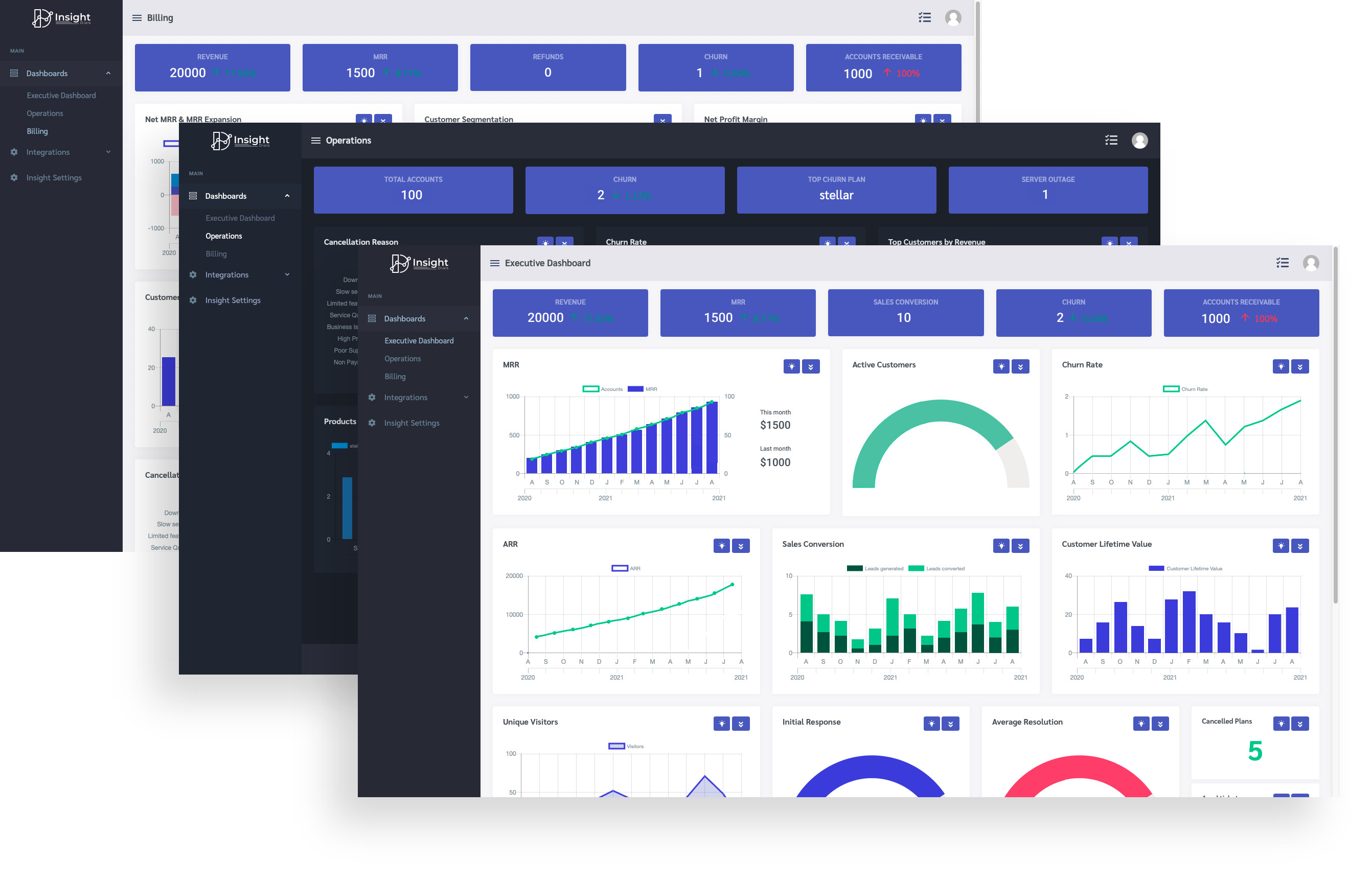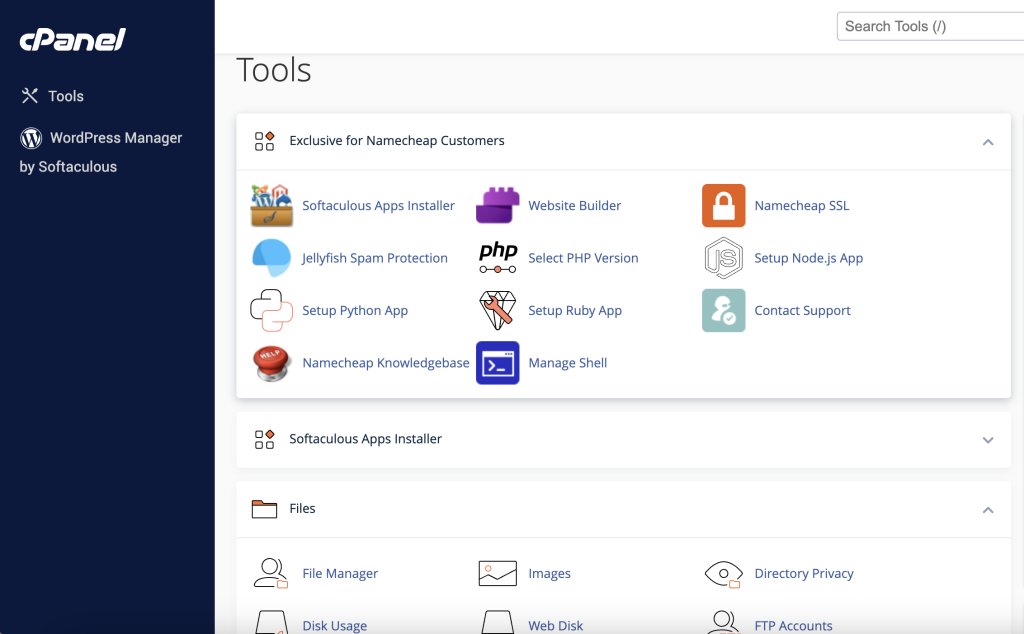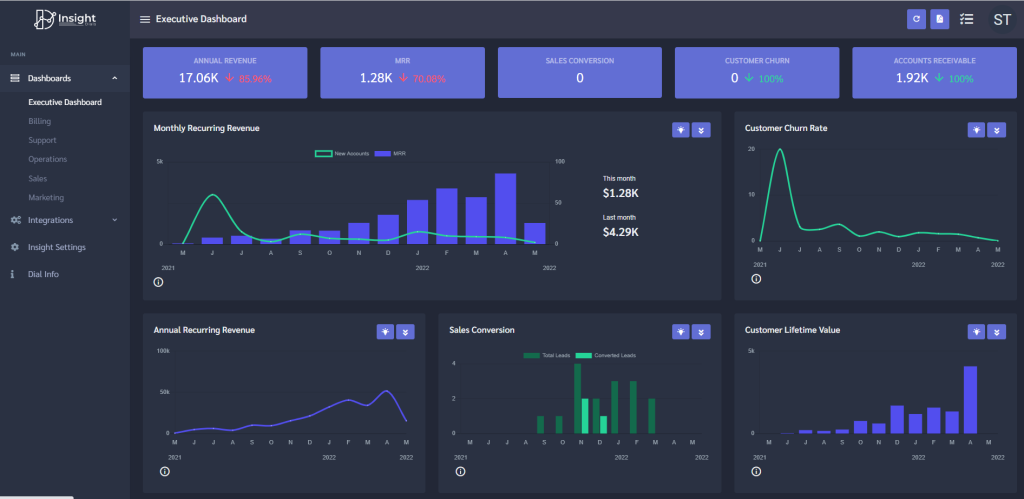
The terminologies “web hosting control panel” and “business dashboard” often emerge, sometimes causing confusion due to their seemingly interchangeable roles. However, a closer examination reveals distinct functionalities that cater to different aspects of online operations. Let’s delve into the nuances of each to understand their unique contributions.
What is a Web Hosting Control Panel?
A web hosting control panel serves as a centralized platform that empowers users to oversee various aspects of their web hosting infrastructure. Through an intuitive graphical user interface (GUI) or web-based interface, users can efficiently manage their website, hosting account, and occasionally, the server itself. Key functionalities include:
– Website Management: Users can upload, modify, and organize website files effortlessly, ensuring a seamless online presence.
– Database and Email Account Management: Control panels facilitate the creation, configuration, and administration of databases and email accounts, optimizing communication and data management.
– Server Administration: In some cases, advanced control panels provide tools for server administration, enabling users to fine-tune settings and ensure optimal performance.
Prominent examples of web hosting control panels include cPanel, Plesk, DirectAdmin, and CentOS Web Panel, each offering a comprehensive suite of tools tailored to diverse user requirements.
What’s a Business Dashboard?
In contrast, a business dashboard functions as a dynamic tool for synthesizing data from various sources into visually informative charts and graphs. These dashboards leverage data from tools like WHMCS, Google Analytics, LiveChat/Tawk, and more, to provide users with actionable insights into key performance indicators (KPIs) and emerging trends. Key features include:
– Data Visualization: Business dashboards present complex data in a digestible format, allowing users to glean valuable insights at a glance.
– KPI Tracking: Users can monitor critical metrics relevant to their business objectives, facilitating informed decision-making and strategy refinement.
– Cross-Platform Integration: Dashboards seamlessly integrate with multiple data sources, providing a holistic view of business operations across various platforms.
By consolidating disparate data streams into a unified interface, business dashboards empower users to identify opportunities, mitigate risks, and drive growth effectively.
Conclusion
In essence, while web hosting control panels focus on managing hosting infrastructure and website components, business dashboards offer a broader perspective by aggregating and analyzing data from diverse sources. While the former facilitates operational control and optimization, the latter empowers strategic decision-making and performance evaluation.
By leveraging both tools synergistically, businesses can achieve comprehensive oversight and actionable insights, fostering agility and competitiveness in the dynamic online landscape. Whether optimizing website performance or refining business strategies, understanding the nuances of web hosting control panels and business dashboards is pivotal for success in the digital realm.




